Dr. Trinh Le Anh, University of Social Sciences and Humanities, Vietnam National University, Hanoi, said that the digital age has changed the way young people approach culture...
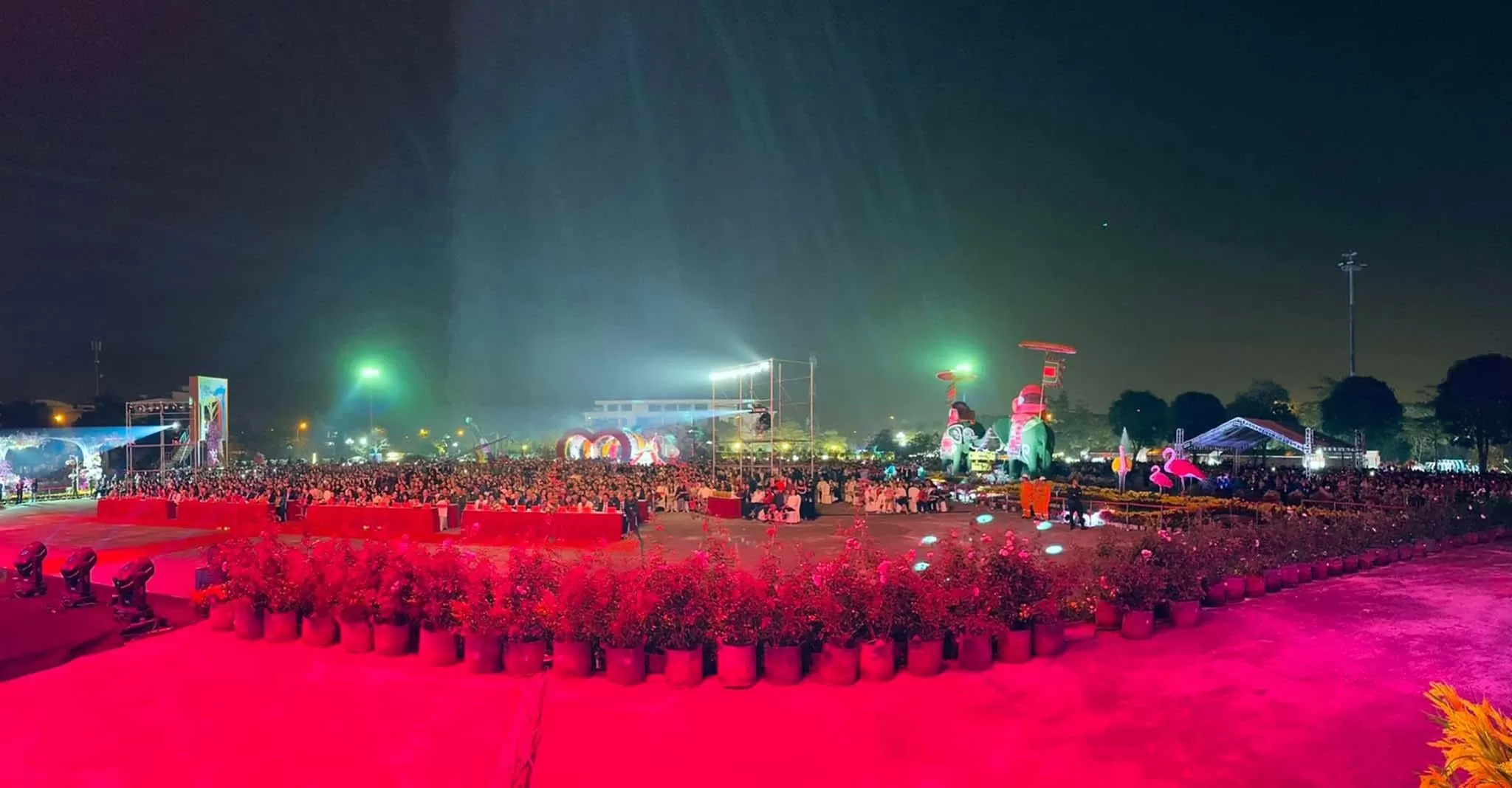 |
| Me Linh Flower Festival, Hanoi 2024. (Photo: NVCC) |
What is your perspective on the most prominent cultural trends today? How does social media impact the formation and spread of cultural trends?
Regarding current cultural trends, especially in the context of digital transformation, I clearly see that everything is “mixing” together in an extremely interesting way. It is no longer a matter of “old” and “new” being separated, but rather the intersection and interaction between tradition and modernity, between the characteristics of Vietnamese culture and global trends. Popular culture and digital culture are strongly dominant.
For example, young people not only sing folk songs in the traditional style, but also renew and remix them in a modern style. Ao dai is no longer just a festival costume but has become everyday clothing, shared by young people on social networks. Cultural products such as the movie “Mat Biec” or the song “See Tinh” by Hoang Thuy Linh are both loved domestically and famous worldwide, especially on social networks.
According to the report “Digital 2024: Vietnam” by We Are Social and DataReportal, as of January 2024, Vietnam had 78.44 million Internet users, accounting for 79.1% of the population. Of these, 72.70 million people are using social networks. Social networks have become an indispensable part of cultural life. With nearly 80% of Vietnam’s population using the Internet and more than 70% using social networks, the influence of this platform is clear. Social networks create a large “stage” where people can freely express themselves, share culture and create new trends.
Social networks help people easily access cultural products, spread traditional values, create opportunities for talented young people to express themselves, no longer having to depend on traditional channels. Vlogs, podcasts… develop strongly, creating an extremely rich digital cultural life.
However, besides the positive aspects, social networks bring many challenges. Counter-cultural content, copyright infringement, and fake news are rampant, negatively affecting the awareness of young people. The commercialization of culture is also a worrying issue. Without proper guidance, we can lose traditional cultural values.
Therefore, in this period, appropriate policies and solutions are needed to maximize the benefits of social networks, while limiting negative impacts. The important thing is to find a way to develop Vietnamese culture sustainably and modernly while preserving traditional beauty. Culture is like a tree, both the roots and branches need to be cared for to grow well.
In the digital age, social media platforms and online entertainment applications have completely changed the way young people approach culture. In your opinion, what are the prominent positive and negative impacts of this trend?
The digital age has dramatically changed the way young people access culture. I myself have to constantly update myself so as not to be left behind. On the positive side, the Internet has opened up a rich cultural treasure trove for young people. Now, with just a few clicks, young people can access diverse forms of culture from all over the world, from opera at La Scala, jazz in New Orleans to paintings at the Louvre. All of it is available on YouTube, Spotify and other platforms, creating a diversity of cultural experiences that we never thought possible before.
According to the “Digital 2024” report, the average Vietnamese person spends about 6 hours and 38 minutes a day on Internet activities, including using social networks, watching movies, listening to music and many other activities. This opens up many opportunities for young people to access diverse cultures around the world. However, besides the positive aspects, we also clearly see the negative aspects of this. The situation of fake news on social networks is a burning issue, affecting many people, especially young people. Many studies have shown that too much exposure to fake news can distort perception, causing negative consequences for society.
 |
| Dr. Trinh Le Anh hosts the 2023 Hanoi Tourism Ao Dai Festival. (Photo: NVCC) |
Vietnam is making good use of traditional cultural values to promote the country's image. What do you think about these activities and what new ideas do you propose to further promote the potential of traditional culture?
I see that Vietnam has achieved remarkable success in promoting its traditional culture. Many cultural events such as the Ao Dai Festival in Ho Chi Minh City, Hue, and Hanoi attract tens of thousands of participants, including many international tourists, contributing to introducing the beauty of Ao Dai - a symbol of Vietnamese culture. Traditional cultural products such as Dong Ho paintings and traditional musical instruments are introduced at many major international events such as Expo 2020 Dubai, showing the appreciation of international friends for Vietnamese culture.
I support the use of traditional culture to promote the image of the country, because culture is the unique "quality" and "soul" of each nation. I myself have participated in the production of programs such as VTV's "Proud Melody" and clearly see the strong influence of traditional culture, touching the heart and arousing national pride.
To further develop this potential, the “guiding principle” is to make traditional culture not only “beautiful” in the past, but also “alive” and interesting in the present, to attract both young people and international friends. I think we need to “join hands” with technology more strongly. It is necessary to combine VR and AR technology to create impressive cultural experiences, such as recreating traditional festivals or historical heritages.
What is your perspective on current policies and proposed adjustments to create a better development environment for creative activities?
Cultural policies need to create an open environment that encourages creativity and respects diversity. In addition, investing in education and training high-quality human resources for the cultural sector is extremely important, to ensure that the sector has a workforce with sufficient capacity and qualifications to meet development requirements.
Current cultural policies have made important strides, demonstrating the state’s interest in this field. The revised Cinema Law 2022 has created more favorable conditions for Vietnamese films to appear on international platforms such as Netflix, opening up opportunities to access a wider market. However, there are still many points that need to be adjusted to better suit reality, especially simplifying the censorship process, avoiding difficulties and hindering the creativity of filmmakers.
In addition, I propose to study the construction of "cultural industrial zones" following the model of Korea or some other countries, where creative industries from music, film, fashion, design, etc. can develop together in a mutually supportive ecosystem.
These cultural industrial zones will create a favorable environment for creative activities to be carried out professionally and effectively, attracting investment and creating great economic and cultural values. At the same time, international cooperation will be enhanced, cultural exchanges and cooperation with other countries will be promoted, creating conditions for Vietnamese cultural products to be widely promoted in the international market.
Of course, to effectively implement these policies, it is necessary to improve state management capacity, train a team of cultural management officials with sufficient capacity and qualifications, strategic vision, and the ability to plan and implement effective policies. Finally, it is necessary to encourage social organizations, experts, and cultural activists to participate in the process of building and implementing cultural policies, ensuring democracy, openness, and transparency.
I believe that, with appropriate cultural policies and continuous efforts, Vietnam's cultural industry can make a breakthrough, become a spearhead economic sector, and at the same time contribute to preserving and promoting the traditional cultural values of the nation.
Source: https://baoquocte.vn/van-hoa-chuyen-minh-cung-thoi-dai-301895.html


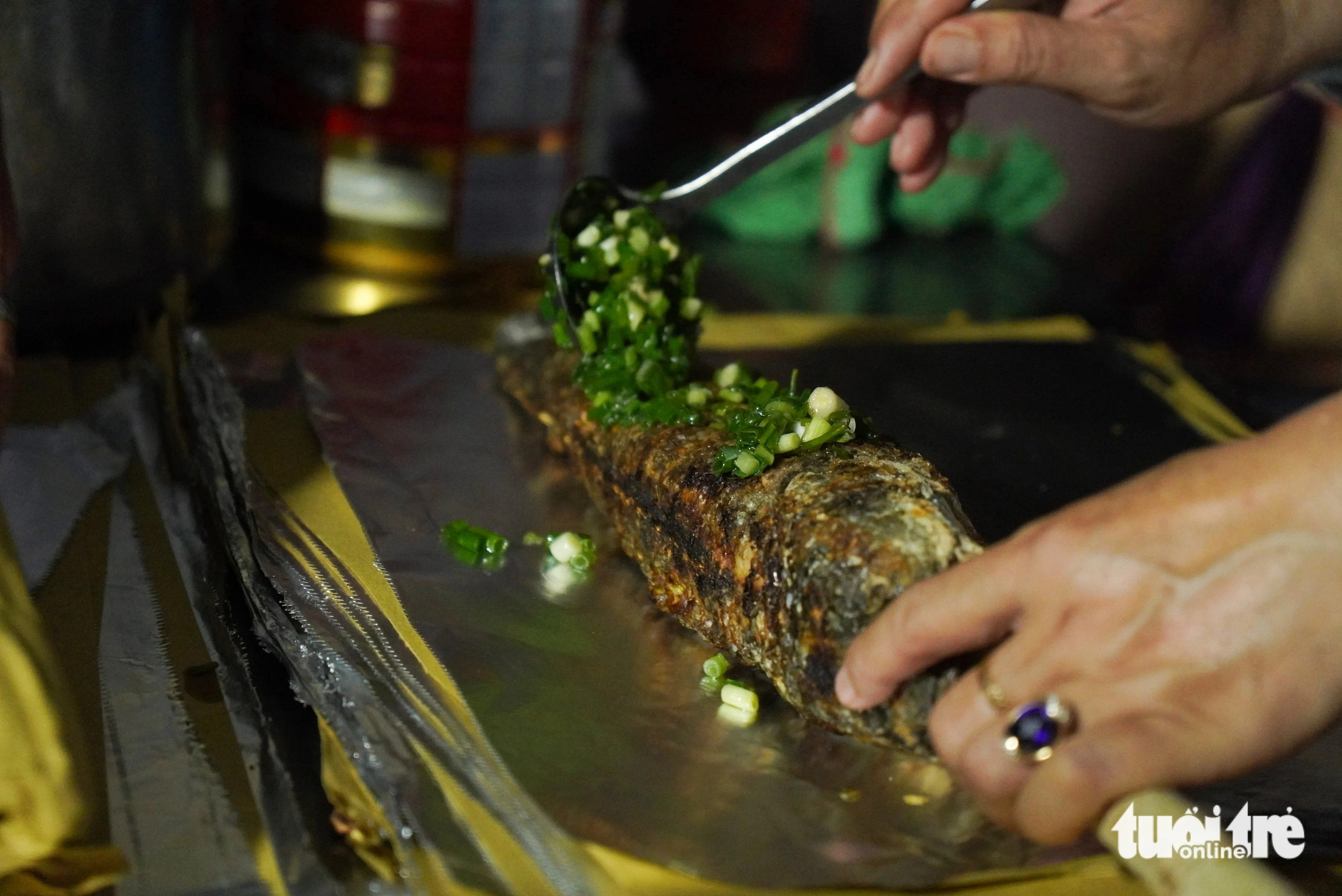



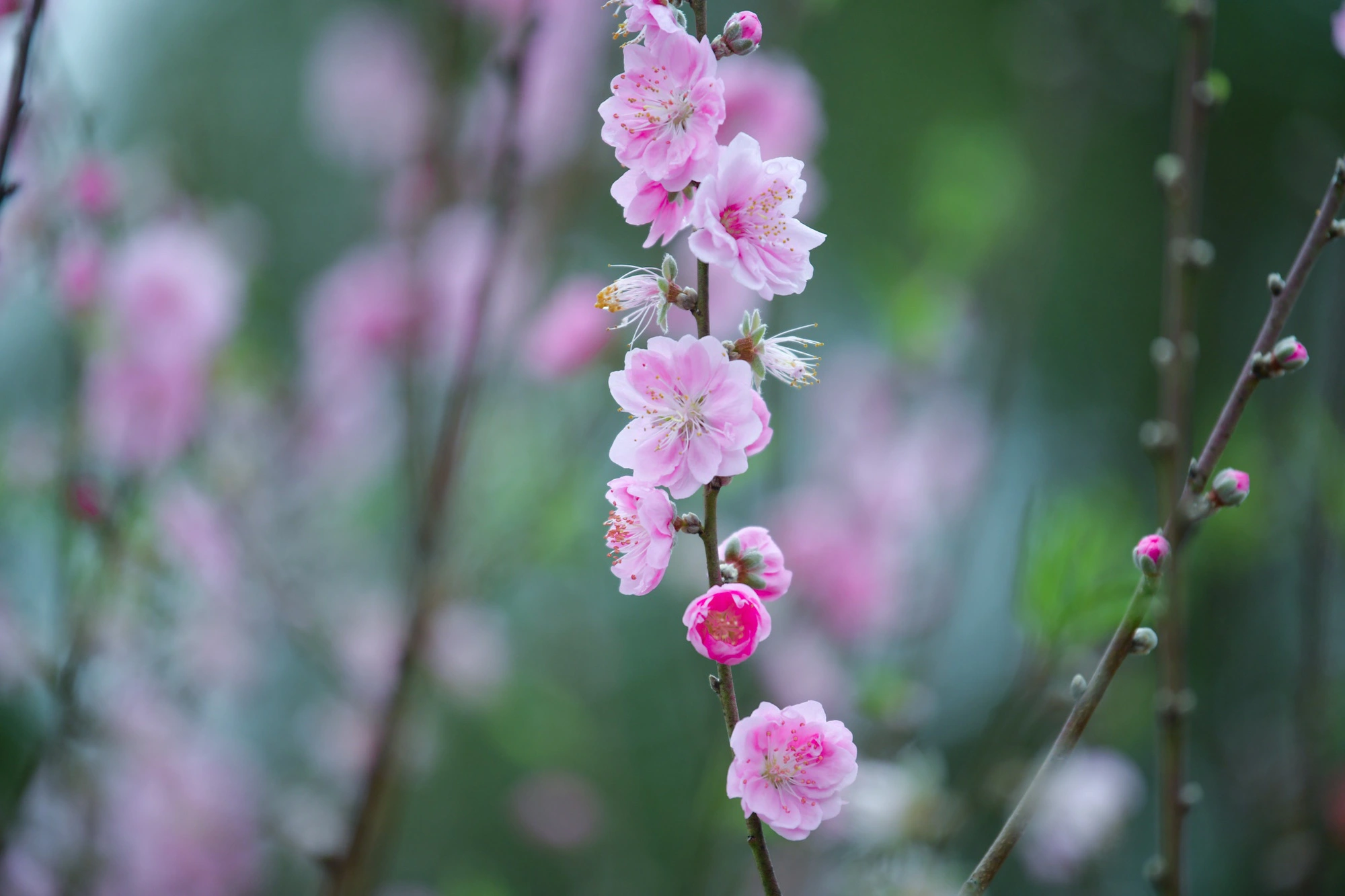























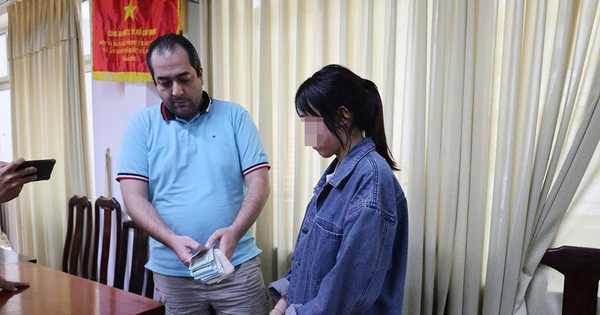

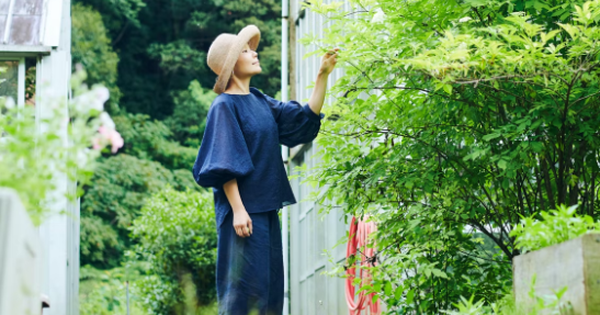

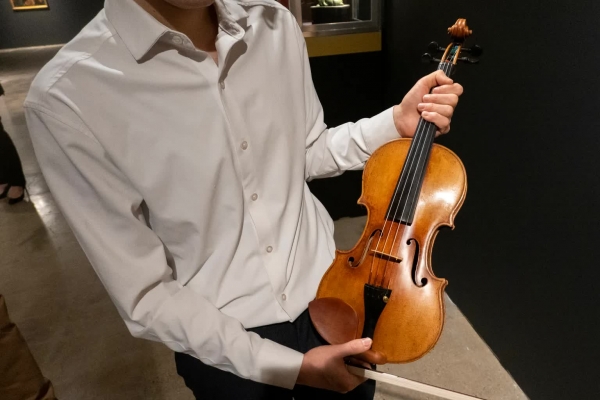
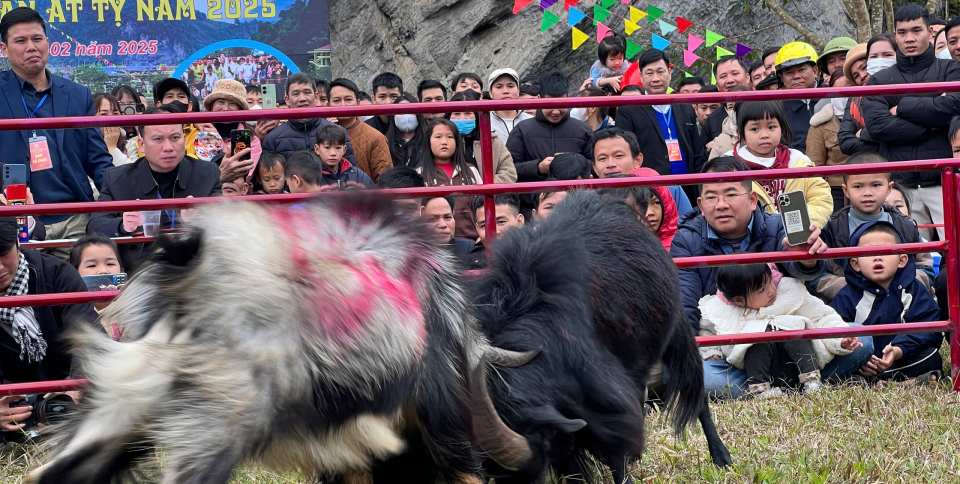

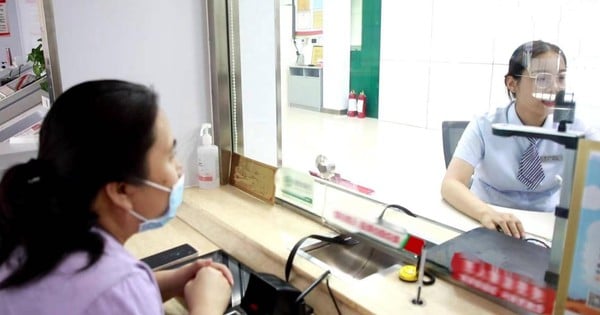


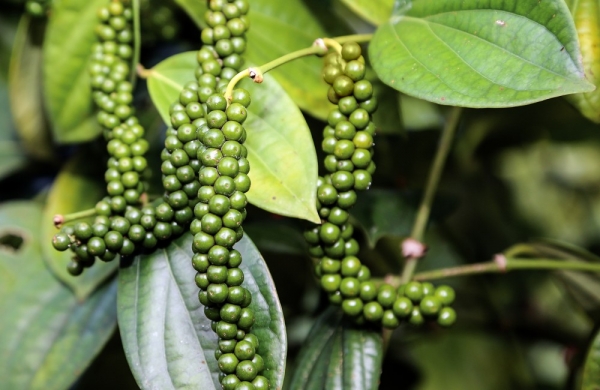






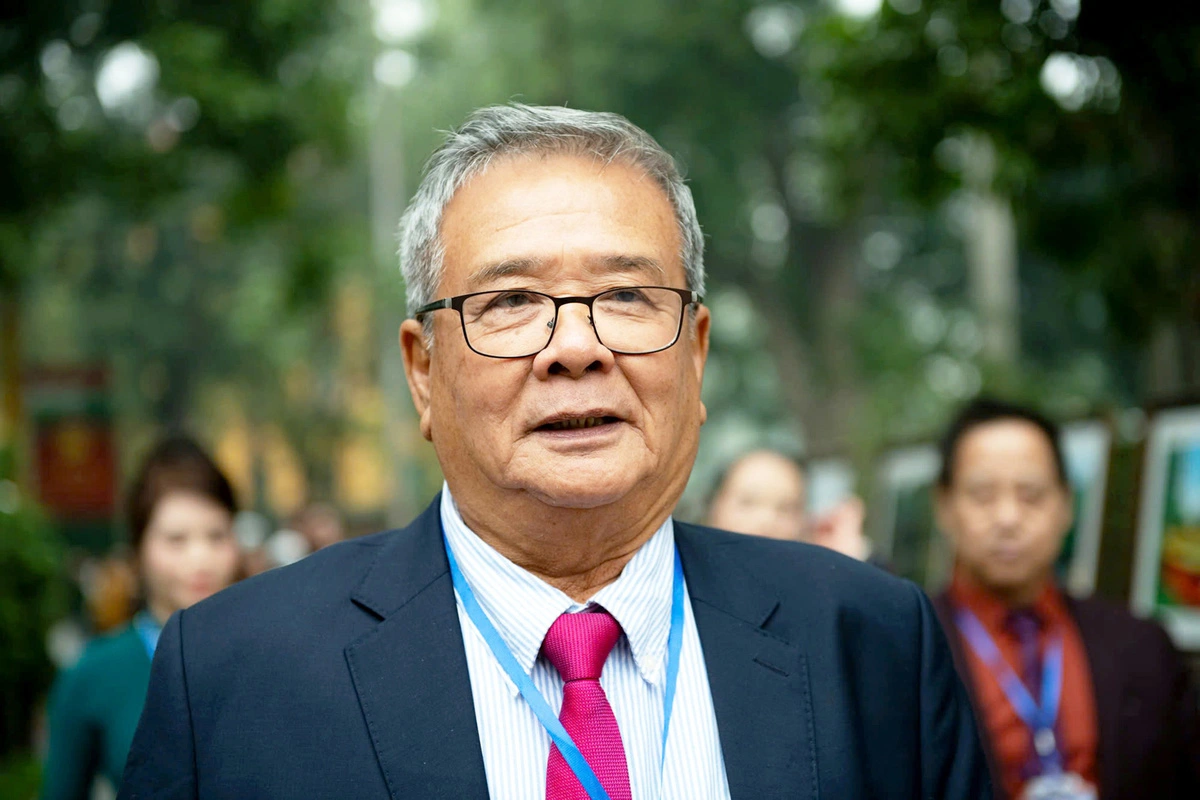

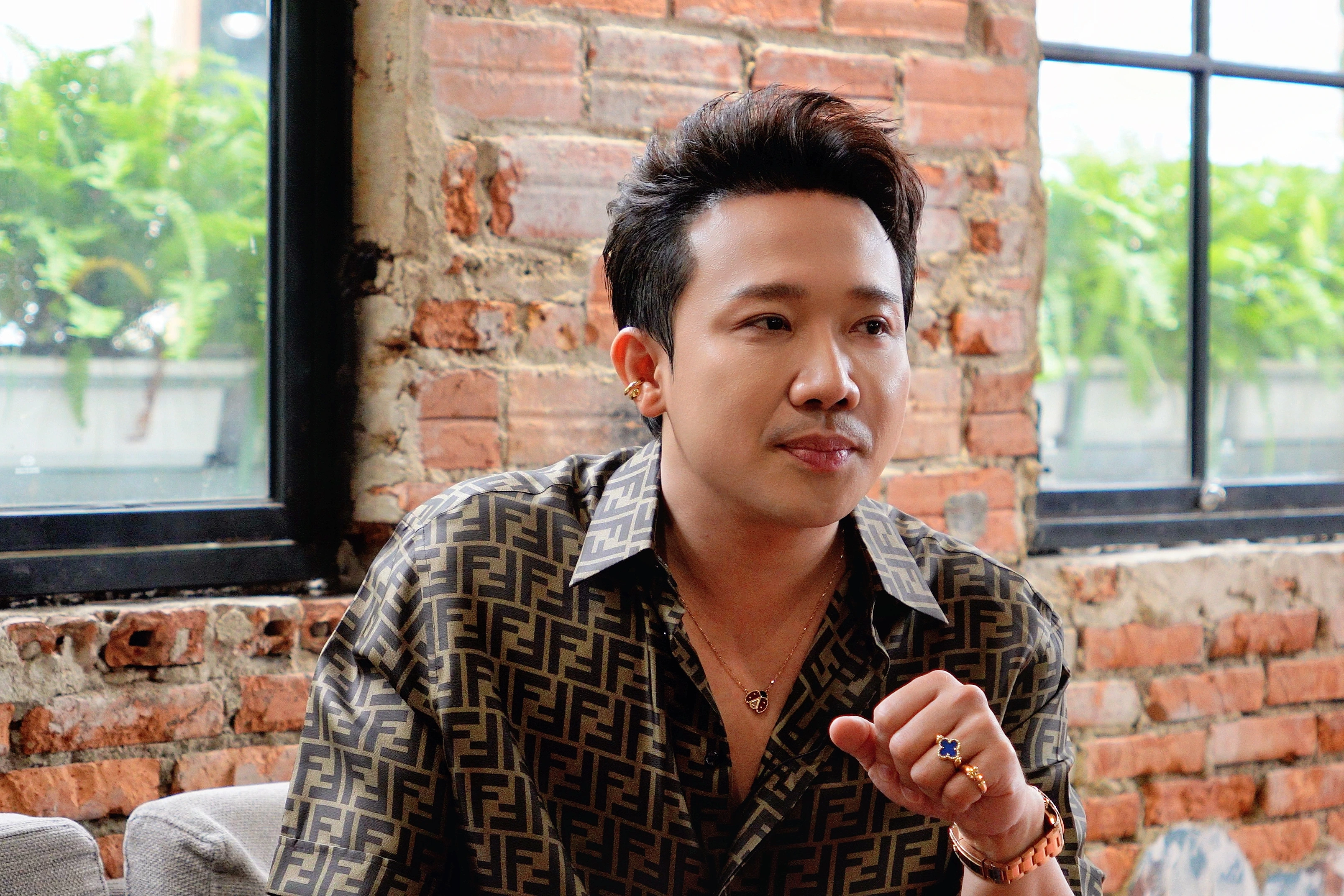



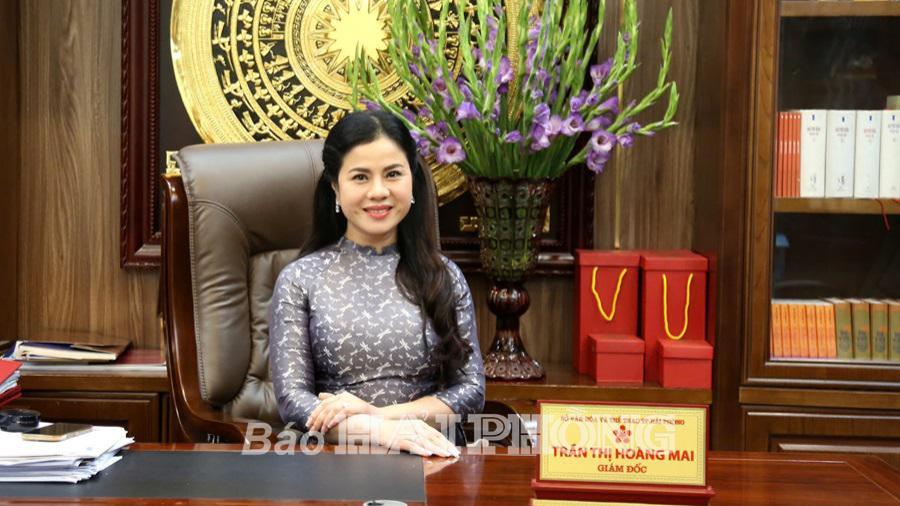

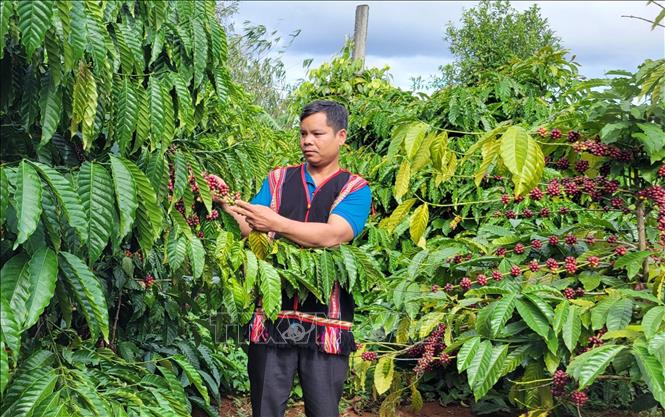





Comment (0)